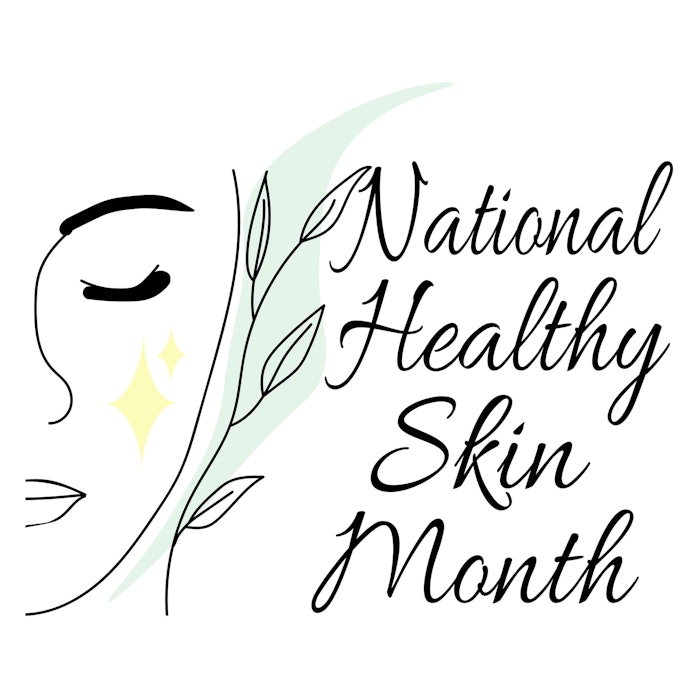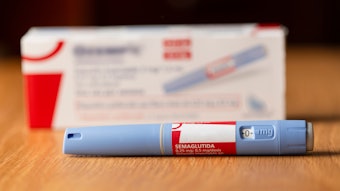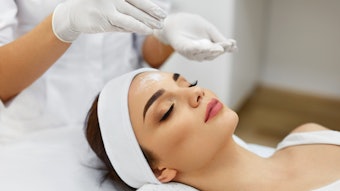
In honor of National Healthy Skin Month, board-certified dermatologists are providing their top tips for caring for your skin, hair and nails.
November is National Healthy Skin Month
In recognition of National Healthy Skin Month in November, first launched by the American Academy of Dermatology (AAD) in 1997, board-certified dermatologists are providing their top tips for caring for your skin, hair and nails. This month is dedicated to teaching people about their skin and how to take care of it by making small changes and adopting habits that will allow them to enjoy a lifetime of healthier skin, hair and nails.
Related: Fast Company's "Brands That Matter" List Honors EltaMD
7 Practical Tips to Maintain Healthy Skin, Hair and Nails
- Reduce wrinkles: Did you know that how you sleep can affect skin aging? “Though sun damage and age-related volume loss are big culprits in wrinkle formation, daily side or stomach sleeping may contribute to the development of ‘sleep lines’ on the face and chest” said board-certified dermatologist Kesha Buster, M.D., FAAD. “For those who can, sleeping on the back is a simple step to reduce or prevent the formation of these lines.”
- Remove makeup and hydrating your eyelids: Petroleum jelly is inexpensive and can treat many skin problems all over your body. “Removing makeup at the end of the day can be challenging,” said board-certified dermatologist Roopal Kundu, M.D., FAAD, professor of dermatology and medical education at Northwestern University Feinberg School of Medicine. “Petroleum jelly is an effective way to remove your eye makeup and rehydrate the eyelid skin. Apply a thin coat of jelly, wipe it off with a tissue or gentle cloth, and gently rub in any residual jelly into the skin to rehydrate overnight.”
- Minimize irritated skin when first using a retinoid: Retinoids can cause irritation for those who haven’t built up a tolerance, so dermatologists suggest introducing them into your skin care regimen slowly. “When you use retinoids for the first time, your skin can get excessively irritated, red, and dry if you apply them every day from the beginning,” said Paul S. Yamauchi, M.D., Ph.D., FAAD, professor of dermatology at the David Geffen School of Medicine at UCLA. “To minimize these effects, try using them two to three times per week for a couple of weeks or so. If you don’t see any excessive irritation, then you can apply the product more often.”
Related: Epionce Skincare Celebrates 20th Anniversary
- Reduce retinoid-induced irritation: Retinoids are frequently recommended by dermatologists because of their ability to reduce inflammation, decrease the appearance of wrinkles, regulate cell growth on the surface of skin and unclog pores. However, they can cause irritation in sensitive skin. Board-certified dermatologist Marjon Vatanchi, M.D., FAAD, recommends that before you apply a retinoid to your face, dab a small amount of petroleum jelly or a hydrating moisturizer under your eyes, to the outer edges of your nose, and to the corners of your mouth if you have sensitive skin.
- Revive dry hands and brittle nails: Repeated washing and using hand sanitizers can seriously dry out your hands and nails. “If your hands are dry, use an ointment-based moisturizer, such as petroleum jelly, to your hands, nails and cuticles after every time you wash your hands to help prevent dryness and the development of brittle nails,” said board-certified dermatologist Hassan I. Galadari, M.D., FAAD, associate professor of dermatology at the College of Medicine at United Arab Emirates University.
- Avoid developing nail fungus: Athlete’s foot and sweating are major risk factors that can lead to the development nail fungus, frequently causing nails to thicken, lift and turn yellow. “It is important to keep feet clean and dry, look for signs of fungal infection, and treat any fungal skin infections of the feet promptly to avoid infecting the toenails,” said Shari R. Lipner, M.D., Ph.D., FAAD, associate professor of clinical dermatology and director of the Nail Division at Weill Cornell Medicine.
- Boost hair health: “Getting your hair cut on a regular basis will make it grow healthier because it removes the hair that would split,” said board-certified dermatologist Rochelle R. Torgerson, M.D., Ph.D., FAAD, associate professor of dermatology, obstetrics and gynecology at Mayo Clinic. “However, it will not make your hair grow faster because hair growth occurs below the level of the skin and is not affected by cutting.”











